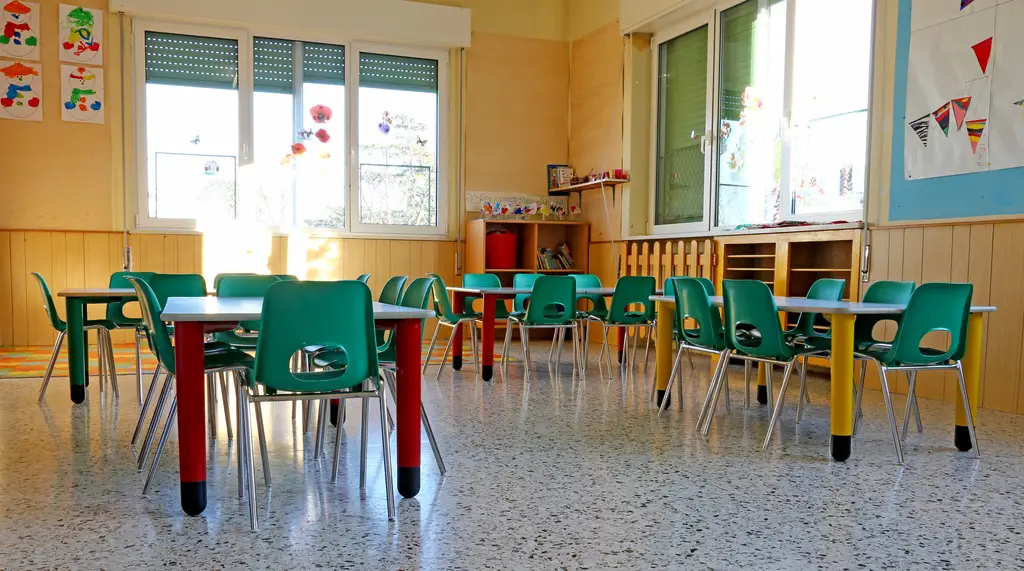A vast majority of us probably began our schooling in kindergarten. Among other educational things, we pasted things on paper, colored pictures, and learned the alphabet. But why was it called kindergarten and not something else?
Kindergarten is usually the beginning of school, although, in some states, it is not required to enter elementary school. From the name, you can deduce that the word “kindergarten” has some specific meaning. If you had guessed it’s German in origin, then you would be correct. Kindergarten originated in Germany.
Friedrich Froebel, a German educator, established a school in Blankenburg, Germany, in 1837. Froebel characterized the children in his school as plants and the teachers as the gardeners. Kinder in German means “children,” and garten means “garden,” thus kindergarten. The teachers in this school were actually the ones who were called kindergartners. The teachers’ job was to educate and develop using the child’s own experiences.
The kindergarten’s first appearance in the United States started around 1848 when a large number of Germans were immigrating to the U.S. Margarethe Schruz, who had learned under Froebel, had immigrated with her husband to Watertown, Wisconsin, in 1855. She opened the first German kindergarten there.
The first English language kindergarten was opened by Elizabeth Peabody in Boston, Massachusetts, in 1860. Peabody even traveled to Germany to learn the exact principles behind Froebel’s kindergarten. When Peabody returned, she helped spread the concept of kindergarten across the United States. Kindergartens continued to grow into the late 1880s and early 1900s, and they began to be implemented into public schools.
While Sputnik helped propel the start of the Internet, it also changed kindergarten. A move began for accelerated learning and better educational preparation of children. Another jump in kindergarten curriculum occurred in the early 80s with the release of the federal government’s publication A Nation at Risk in 1983. The report told how American schools were failing, and the result was a wave of reforms. Kindergartens and early childhood education were an important part of this reform.
And to think when you were in kindergarten, you were considered a growing plant in a garden. Now you’ll have something to tell your kids when they start asking questions.


